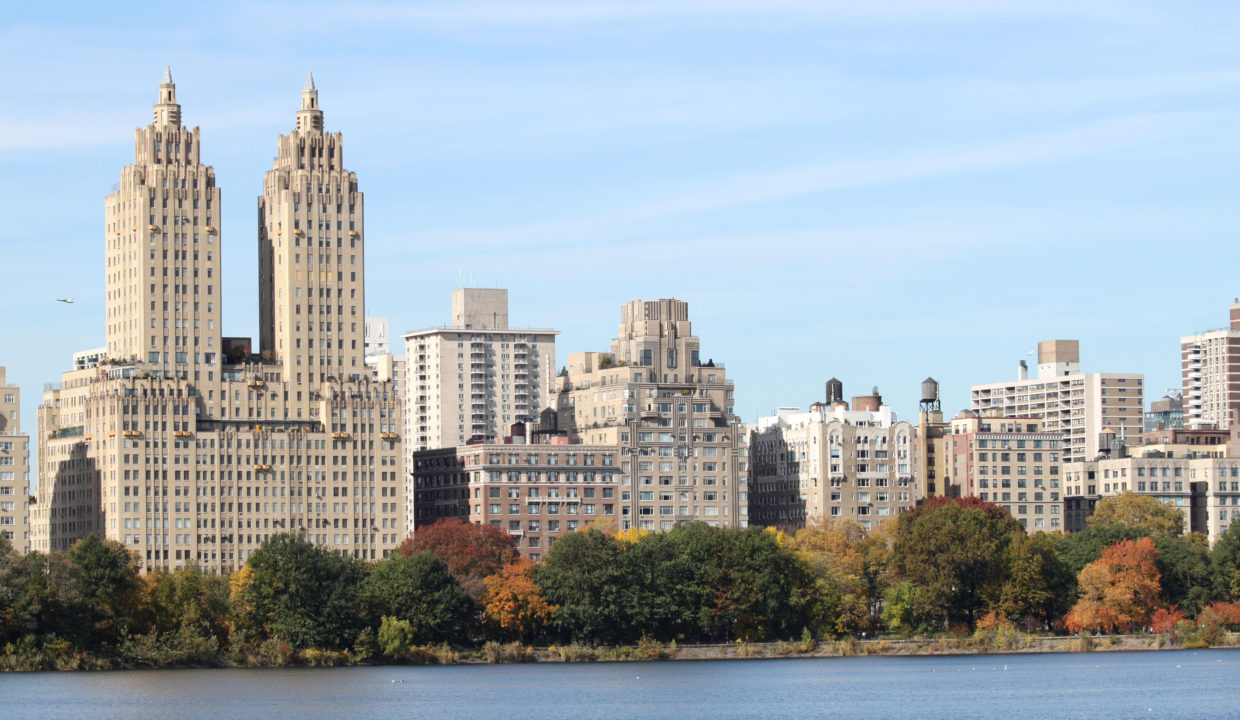
Real estate in NYC has always been innovative. The city both invented and popularized concepts like rent stabilization and control and subletting. Eventually, these concepts evolved into what we now call co-ops.
However, many people only have a vague understanding of what a co-op is. All they know about is that it is a type of housing.
In this article, we are going to share with you all you need to know about them, touching on what they are, their advantages and disadvantages, and the process of buying a co-op in NYC.
What Is a Co-Op Apartment?
When you buy any other type of apartment, you are buying a real deeded property that will receive a separate tax bill. You actually own the physical space. On the other hand, when you buy a co-op apartment in NYC, you do not own the physical space. Instead, you buy shares in a corporation that is made up of every person living in the building.
An NYC co-op is a corporation, with the apartment owners viewed as a shareholder. The number of shares you own depends on the size of the co-op apartment. The larger the apartment, the more ownership you have and the more voting power you have during building decision-making.
In NYC, the co-op is run by a board of directors that, together with a management company, makes decisions to support the building. The board resolves conflicts and ensures that the building runs efficiently and that it is financially stable.
What Is the Process of Purchasing Co-Ops in NYC?
Buying a co-op in NYC is not for everyone. It demands a lot from potential buyers, another major difference from a traditional apartment. For example, it will require a minimum down payment of up to 30%, a low debt-to-income ratio, and high post-closing liquidity. Some might require you to have a cash reserve that can sustain you in case you lose your job.
With these demands in mind, you will need to have a lot of information ready before you submit your offer. When submitting your offer, you will also need to include a mortgage pre-approval and a financial statement that provides a summary of the state of your finances.
Here are the basic steps you go through during a co-op purchase in NYC:
- Make your offer – signing the contract if your offer is accepted.
- Compile and submit an application, and wait for the board to approve it.
- Once your application is approved, you will have a co-op board interview.
- If the interview goes well, the board will clear you to set a closing date.
- You can then close the sale and move into your home.
Reasons a Co-Op Board Might Reject Your Application
There are several reasons why co-op boards could reject your application. Some of the common reasons include:
- Insufficient Financial Stability: Going through a divorce, paying child support or alimony, or not paying off your credit card could change your debt-to-income ratio, which could make you less financially attractive.
- Low Accepted Offer: While it is normal to negotiate the purchase price, co-op boards could reject you if the accepted offer is too low as this lowers the building’s overall property value.
- An Incomplete or Disorganized Application: An imperfect application could be seen as a sign of how poorly you manage your affairs and finances.
Advantages of Buying Co-Ops in NYC
There are reasons why most apartments in NYC are co-ops. They offer people advantages such as:
- Cheaper: A co-op in NYC is often 15 to 20 percent cheaper than a condo building. One of the main reasons for this is that most co-op buildings tend to be old or lack the cutting-edge amenities and technology that a newly constructed condo has.
- Lower Closing Costs: For co-op homes, their closing costs tend to be much lower because there are no property taxes, mortgage recording tax, title insurance, or real estate licenses needed.
- Financially Stable: Since the residents themselves own the co-op, they are more invested in ensuring that every co-op member can handle their share of the finances for the long term. This extra scrutiny results in stable values.
- More Options to Choose From: Considering that they account for up to 75% of the city’s housing stock, there are a lot more co-op listings in NYC than condos.
Disadvantages of Buying a Co-Op in NYC
Unfortunately, co-ops also come with a few negatives:
- Strict Approval Process: Their approval process is particularly invasive. The board will want to know details about your life in a bid to protect the co-op. If a shareholder falls into debt, other members have to shoulder the loss.
- Construction Is Usually Not Modern: Though co-ops in NYC can feature solid construction and thick walls, their age can make them more costly to maintain.
- Flip Tax: A co-op will charge you a flip tax when you sell. The flip tax is often 2% of the sales price. If you are not looking to sell, though, the flip tax is positive because the co-op deposits the amount into the corporation’s bank account, which you and your neighbors own.
- Less Flexible: You will have to deal with a lot more rules than a condo owner would. For instance, every co-op building has a sublet policy that governs whether or not you can sublet your unit. Even if you can, the boards still have to approve every sublet.
While buying a co-op in NYC might seem daunting, all you need to do is meet the board’s financial requirements and prove that you can be a responsible and respectful neighbor.
Lincoln Towers promises to provide you with that perfect home in the upper west side of Manhattan, New York, NY. Call Adam Kapner at (212) 787-1214 and get started on the process today.
